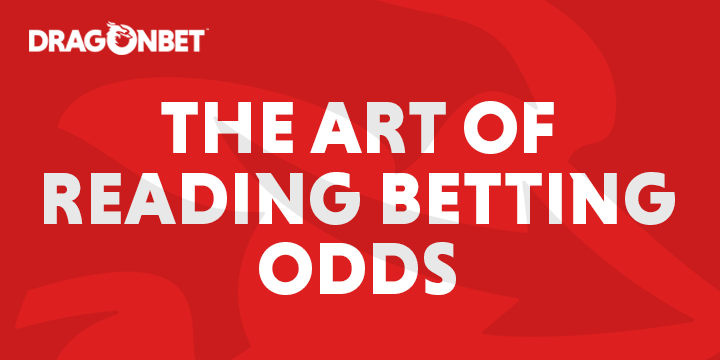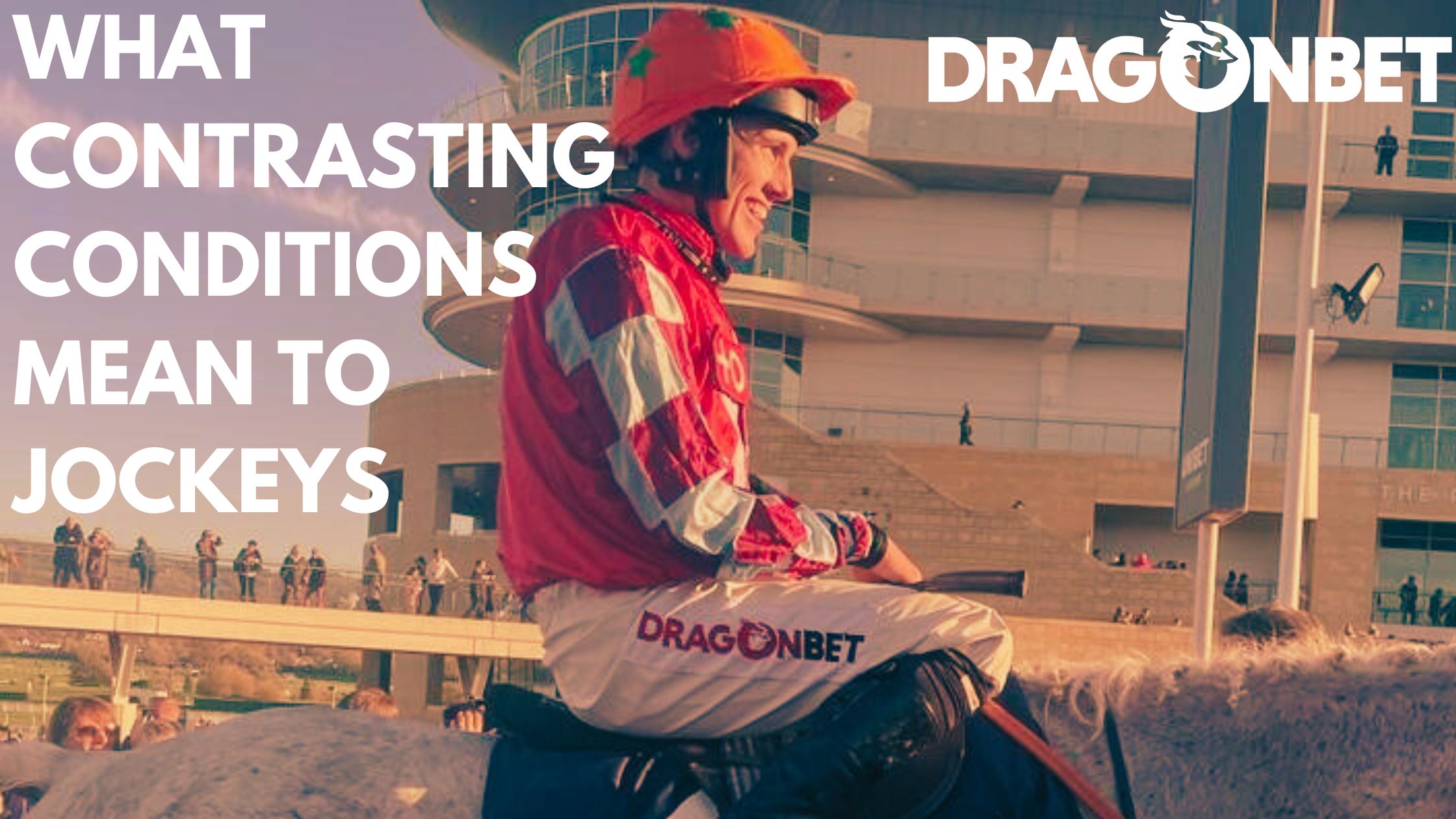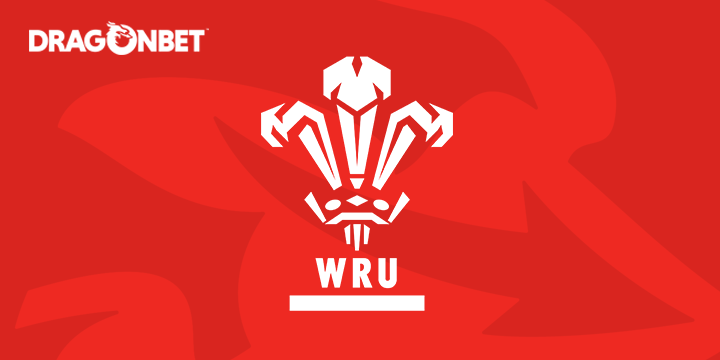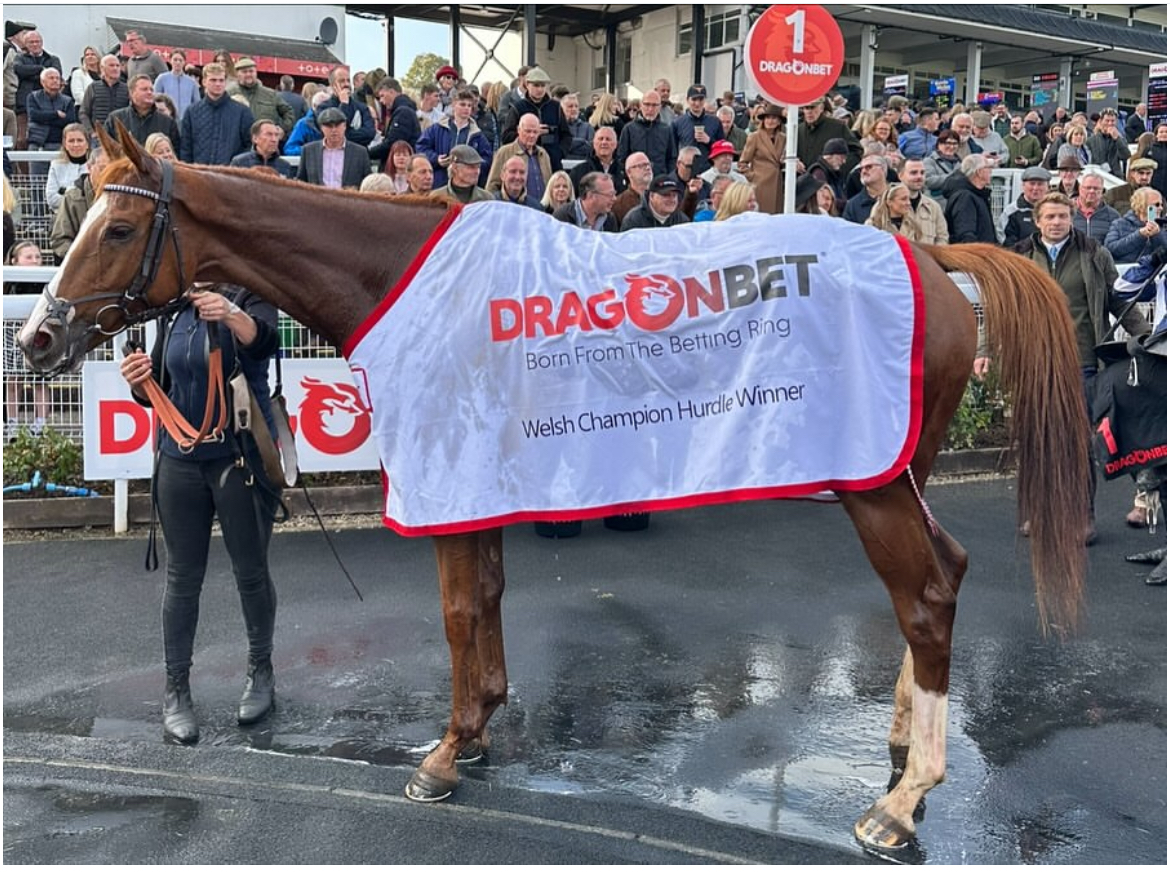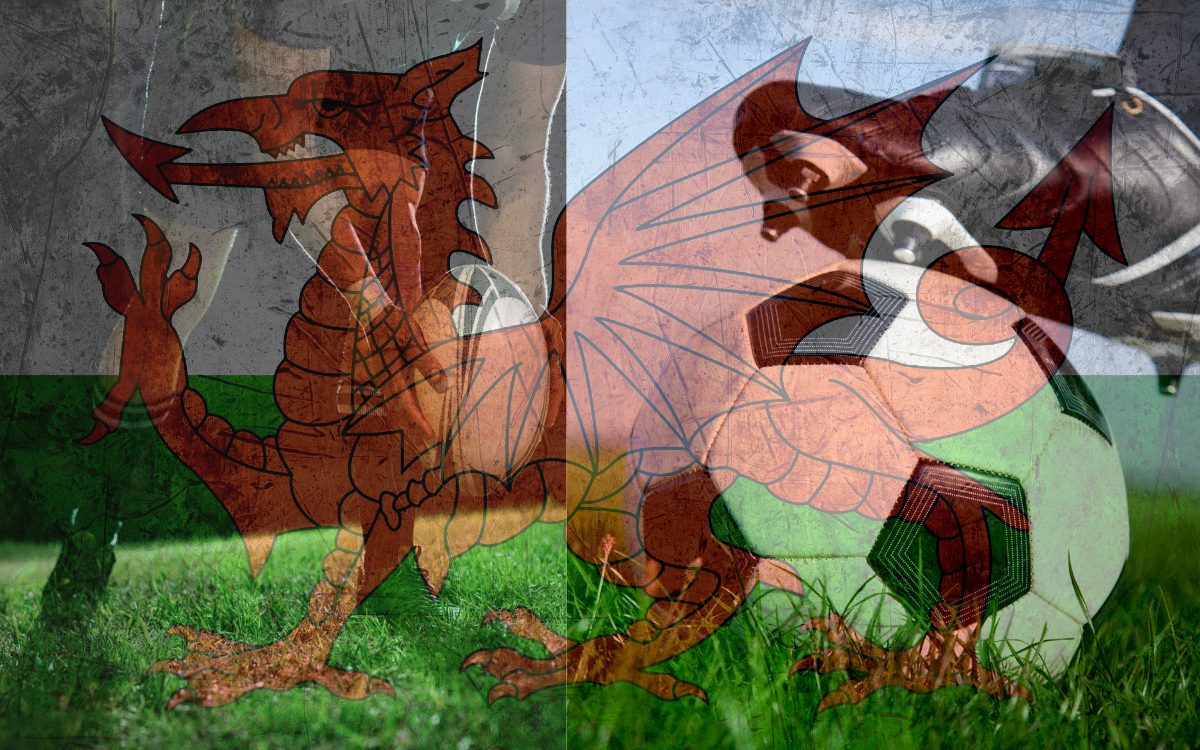We’ve all heard them.
The betting experts at horse race meetings on TV, the tipsters, the on-line gurus with their complicated equations, or even the bloke in the pub.
They talk about “value bets” but what do they mean and where can you find them?
Fiirstly, we need to know a little about odds. Betting odds are compiled by bookmakers as a way to represent what they believe is the likelihood is of an event or events happening.
These odds are usually represented as either a fraction (2/1) or a decimal (3.0).
Fractional odds tell you the potential winnings in relation to the stake you place on the bet.
For example, if you place a £1 bet on Swansea City to beat Tottenham at 4/1, it will pay out £5 if successful (£4 profit plus your £1 stake).
Well, in simple terms a value bet is where the odds of something actually happening are higher than the odds given by the bookie.
If, for instance, your bookie gives you odds of 2/1 on snow falling somewhere in the UK on Christmas Day, then the price might be calculated from the fact that snow falls on that day one year in three.
But if your local bookie hasn’t checked the weather forecast and there’s a massive dump of the white stuff heading our way, then the probabality of snow is higher than 2/1. It should perhaps be evens, or odds-on, and the bookie has miscalculated.
That becomes a value bet.
In sport, a value bet might be because a bookmaker does not know the true form of a horse, or the fact that a football or rugby team is badly hampered by injuries that are not in the public domain.
For instance, you might think there’s not much point in backing Cardiff City to win an FA Cup tie away at Manchester City, if they were priced at 6/1.
But if City were down to their third-choice keeper, had six other players missing, and the rest had been out the night before with Jack Grealish, then maybe the odds are not a true reflection of the probability of a Bluebirds upset.
That becomes a value bet.
The art of successful sports betting lies in making better predictions and estimates than the bookmakers.
When you win against the bookmaker based on a well-calculated estimate, you’re playing him or her at their own game – the prediction game.
But predictions are always more successful when they are based on facts, information, statistics – the more hidden from the bookie, the better.
Everyone can win with a hunch now and again, but finding value bets – kinks in the bookie’s armoury – that is where a punter’s luck gets a helping hand.
Do your research, work out your own estimations of outcomes. Take a race card or fixture list and independently assign odds to events without considering the bookmakers’ odds.
Don’t let heart rule head. Ensure that your assessments remain objective.
Once you have established your odds, you can compare them with the bookmakers’ odds and identify potential value bets.

